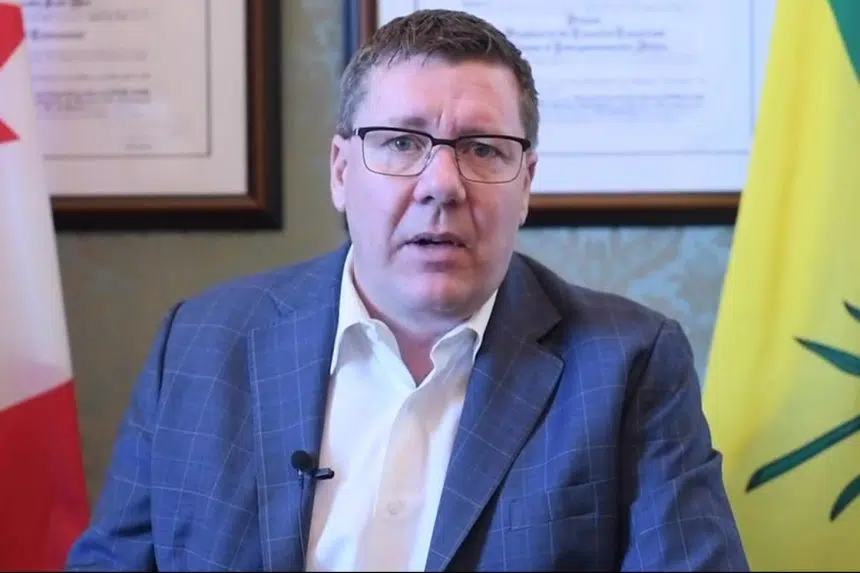The Saskatchewan government estimates that around 15 per cent of the province’s population can trace its roots back to Ukraine.
That number skyrocketed Thursday.
“Everybody is Ukrainian today in Saskatchewan,” Gerald Luciuk, the chair of the Saskatchewan-Ukraine Relations Advisory Committee (SURAC), told Gormley during the Rawlco Radio Saskatchewan Day of Caring for Ukraine.
In 1993, the provincial government created a citizen committee to provide advice on enhancing Saskatchewan’s business and cultural ties with Ukraine. In 2009, the current iteration — SURAC — was created to make recommendations to the government about ways to advance those connections.
Now, as Ukraine battles a Russian invasion, Saskatchewan residents are reaching out to the committee to help in whatever way they can.
“People have ideas, they have a will to participate and we’re hearing all kinds of ideas as to how the province could be assisted in addressing the refugee crisis that has now presented itself,” Luciuk said.
The provincial government is ready to step up on that front, announcing Wednesday its intention to take in as many people from Ukraine as possible and to do it as quickly as possible.
Premier Scott Moe repeated that pledge on Gormley, saying the province will welcome people either as refugees or through the Saskatchewan Immigrant Nominee Program.
“There are caps on the (immigration) numbers and we’ve asked for those caps to be eliminated for the time being for those folks that are coming from Ukraine, whether that be on a refugee basis or whether that be on an immigrant nominee basis,” Moe said.
“If there are people who want to get to Saskatchewan, we want to get them here and we’ve committed to providing any and all financial support that we would normally provide.”
According to the government, funding will be provided to assist with the co-ordination of community supports, such as settlement services for Ukrainian families arriving in Saskatchewan.
The government also is prepared to help any of the Ukrainian refugees arriving in the province get the language, skills and connections required to live and work in Saskatchewan.
The provincial government has taken other steps to help, including sending $100,000 to the humanitarian effort in Ukraine and waiving text messaging and long-distance charges for residents with family in that country.
It also has removed Russian products from Saskatchewan Liquor and Gaming Authority shelves and raised the Ukrainian flag at the Legislative Building.
Moe said helping Ukraine should help Saskatchewan residents come together after the past two years of COVID-19.
“We do best when we come together and work together, whether that be as a family, as a community (or) as a province,” Moe said. “Look at our communities: How were the rinks built? How were the community halls built? They were built when we came together as a community to build those facilities.”
Luciuk said there are a number of charities helping Ukraine, including the Canada-Ukraine Foundation, the Red Cross and UNICEF. Whether people want to donate money or material, it all will be accepted.
“Wherever you are and whoever you can work with, work with them,” Luciuk said. “Every bit helps.
“We need to continue to not only materially support this effort but to also stand with Ukraine in other ways as well, in terms of what the world has to do to make (Russian President Vladimir) Putin acknowledge and recognize that this is a gross travesty upon the civilization of this world.”











